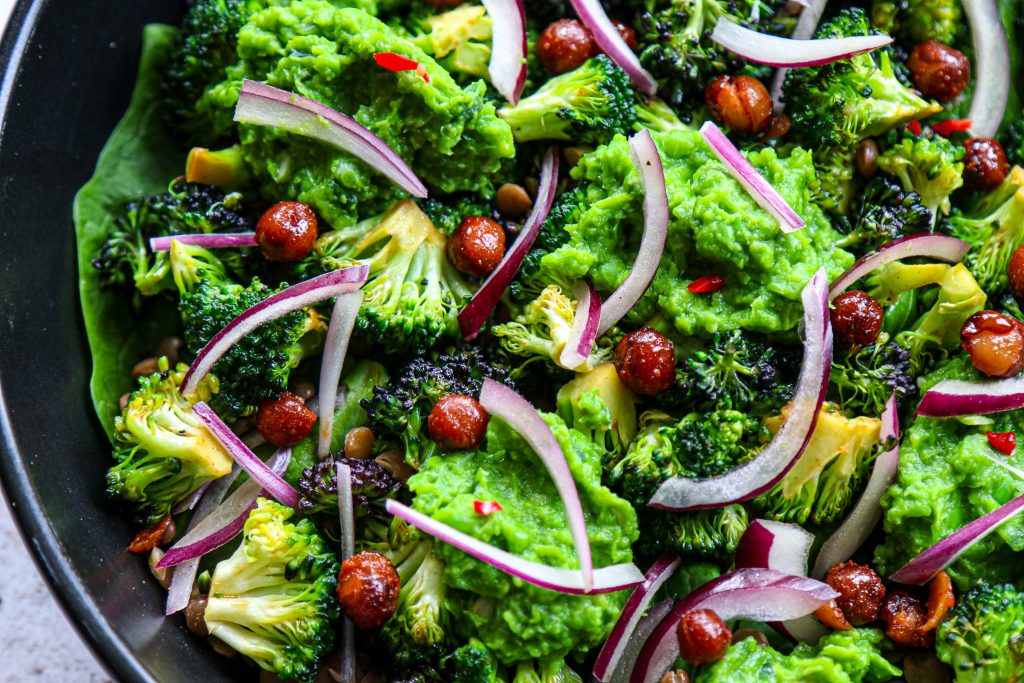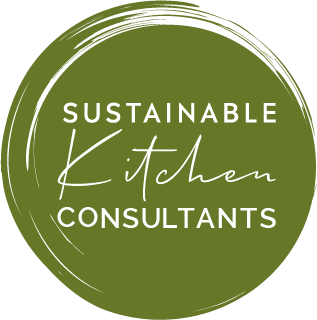Fresh Produce Journal
Article featured in FPJ – April, 2021

In this second of a series of regular articles for FPJ, Julie Cleijne provides insight into the huge opportunity that exists for Fresh Produce businesses to align their product messaging with consumer preferences around health & the environment, using less traditional and more innovative marketing mediums and awareness campaigns.
Julie is a Nutrition trained Chef, and founder of Sustainable Kitchen Consultants. Her experience and skills provide the intersection of nutritious, sustainable food, consumer insight and business success. She works directly with farmers, foodservice, brands & independent retail to connect them to consumer needs, helping them be more sustainable and profitable. She is the current British Leeks Ambassador and Operations Manager at The Fold, an organic farm and café and pioneering centre for healthy & sustainable living.
This regular feature on Connecting Fresh Produce with Health & Wellness will include insight into how businesses can appeal to both Foodservice & Consumer audiences, featuring recipes, live cooking & short interviews. It’s designed to help your business remain relevant in this changing food landscape.

Connecting your fresh produce with health & sustainability messaging with customers is more than about survival to protect your bottom line, there’s the health of people and planet at stake, and consumers know it.
It’s way overdue for fresh produce businesses to understand the value of their products in terms of health & sustainability. Businesses and consumers are recognising the role that fresh produce plays in people’s health, and want to know how healthy their food choices are not only for themselves, but for the planet too.
This is no longer about businesses being more sustainable to have a competitive edge, it’s about needing to be, for all of our survival.
A survey of c21k adults in 28 countries, conducted by the World Economic Forum, found 86% of people want to see a more equitable and sustainable post pandemic world.
And according to the annual Food & Health Survey from the International Food Information Council, four out of five consumers say the coronavirus pandemic has changed their food habits, influencing them to cook, eat, shop and think about food differently, with one in five making healthier choices.
Even the Produce Marketing Association (PMA) and United Fresh United Fresh have recently joined forces to “drive consumption of fresh produce” “as a vital cornerstone of public health”
But Health & Sustainability are broad and varied topics, so we understand it can be daunting for fresh produce growers to know where to start, to navigate these changing times, and to continue to appeal to consumers
So let’s break this down to 2 core aspects you can start understanding about your products now:
Healthy people – The demand for ‘Clean label’ products supports fresh produce growers
The rise of products introduced to the market as ‘meat & dairy alternatives’ shows no sign of slowing down, however consumers are becoming hyper aware to these not necessarily being healthy for them, or the planet. Many plant-based products mimicking animal proteins use processed ingredients, and allergens such as soy, wheat, gluten & nuts. Consumers are seeking healthier options, with ‘clean labels’ and the creative use of natural ingredients instead. But consumer’s demand for ‘clean label’ also extends to how ingredients are grown, and sourced. Consumers know that a product that is free-from animal products, but produced in a way that is not good for the environment, is not solving any environmental issues, nor human health issues.
This presents an opportunity for fresh produce growers to understand how their produce is valuable in terms of a ‘clean’ and functional ingredient for use in a plant-based product. Leeks for example, contain high amounts of inulin, which is a natural prebiotic and proven to be effective for gut health, whilst at the same time inulin is also a highly functional ingredient as it acts as a natural sweetener, stabiliser, and fat replacement.
Resourcefulness – Consumers want to reduce their waste, and save money
With the pandemic impacting many financially, cost drivers will be hugely important to consumers. So whilst many consumers are wanting to be more resourceful with their food to reduce their food waste for environmental reasons, many more will also be wanting to reduce waste to ensure value for money with food purchases.
Show consumers how to use your products in imaginative ways, using the whole product, how they can store them, repurpose them, to get even more value for money.
See full article in the Fresh Produce Journal here
Want to be more Sustainable and Profitable?
Book a FREE consultation
CONNECT WITH US
+44 7810 311742
